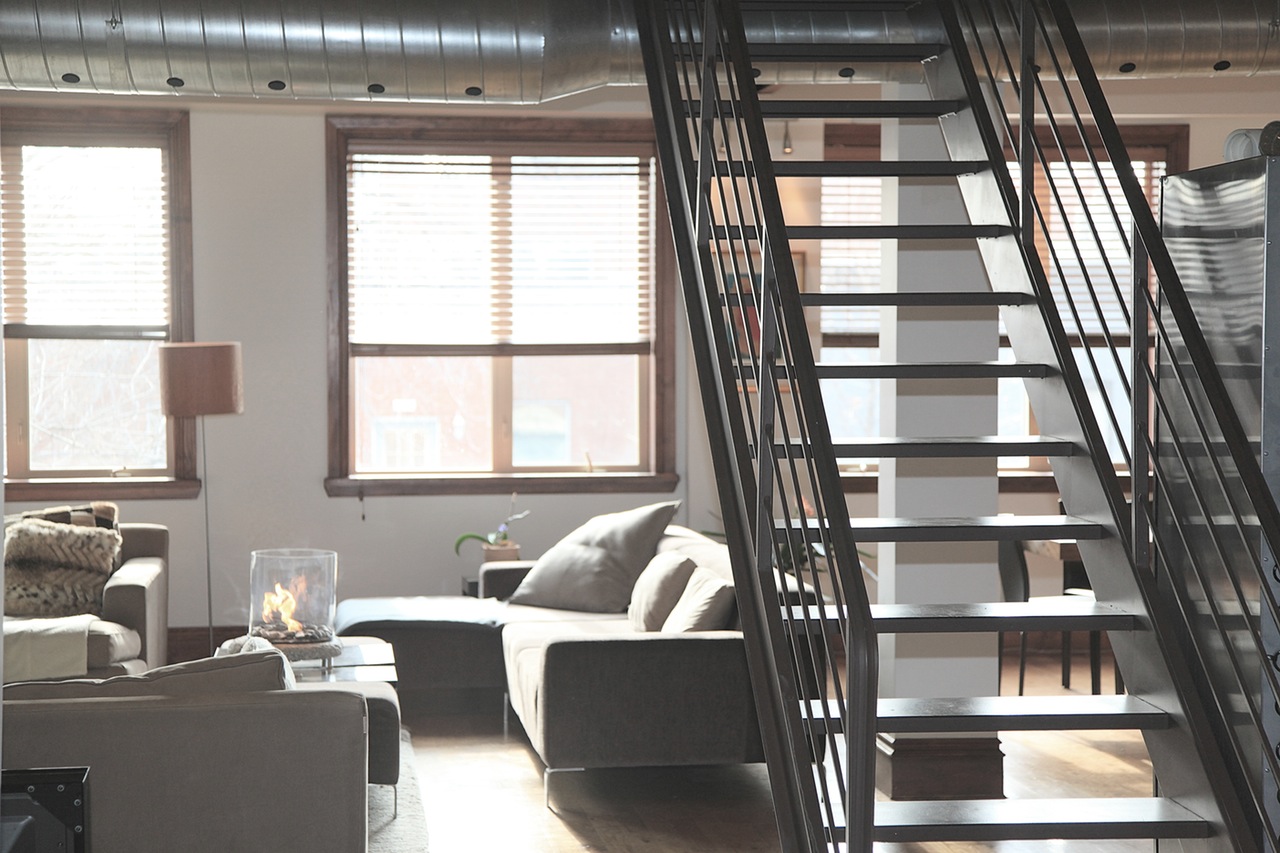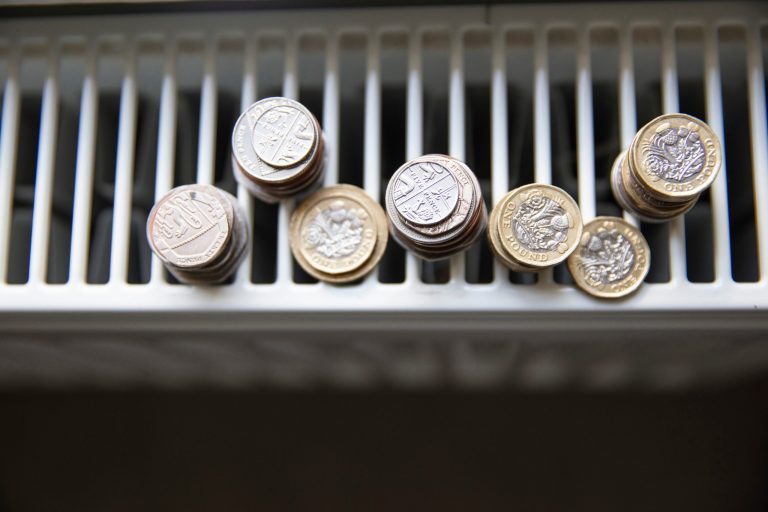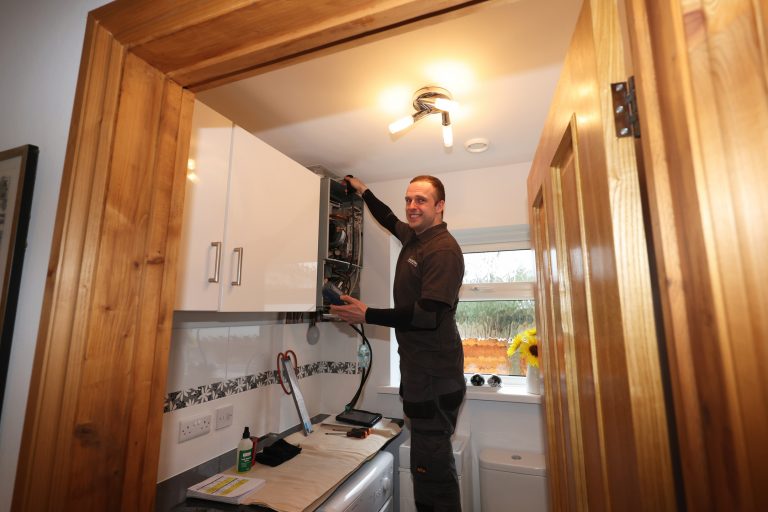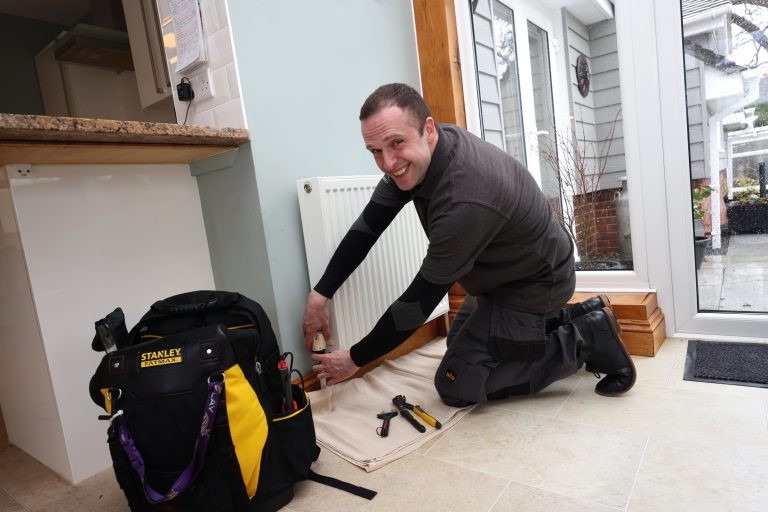Pre-heat the oven with your phone so it’s ready when you get in; get your heating to the perfect temperature over Wifi; let your fridge keep stock of food and automatically place orders with the supermarket when you’re running low. Previously the stuff dreams were made of, smart devices and smart meters are already a reality and are expected to become even more popular in the coming years. We’ve taken a look at the state of smart heating technology so far and considered possible developments in the near future.
Smart Meters
2016 marks the start of the smart meter rollout. This is a government-backed scheme to replace every single ageing energy meters in homes and businesses by 2020. The government has chosen to sit back – setting targets, timescales and standards and allowing energy suppliers to do the rest. This means that different energy suppliers and boiler installers are working at different rates to different plans, but the overall goal is to make every meter ‘smart’ by 2020.
Smart meters are just one among hundreds of gadgets designed to help us control our energy use, saving both money and the environment. They display exactly how much energy is being used and how much you’ll have to pay, and then send these readings over to your supplier. This means no more huge ‘estimated’ bills or manual meter reports. Consumers will be able to take control of their energy use to maximise efficiency.
Smart Thermostats and Heating Controls
Once you know how much energy you’re using, you’ll need some gadgets to help you control your use in to experience the full benefits of smart meters. The market is full of new smart thermostats, and many of them look great as well as providing excellent performance. An example is the Drayton MiGenie; offering a great range of smart heating controls which you can access via phone, tablet or watch. This product can be used with all applications and lets you stay in control wherever you are.
The Future Is Bright
With greater control comes higher levels of energy-efficiency. Whilst many smart thermostats can be used with older boilers, replacing them with a new A-rated model could save you up to £350 a year. Indeed, a greater move towards energy efficiency will be necessary if the UK is to meet its carbon reduction targets.
A system filter, such as the Fernox TF1, is one tool that could help cut energy costs even more. The filter protects the heating system from pollutants which can lead to higher gas consumption, more regular boiler issues and higher bills. With new and more efficient boilers entering the market every year, the future looks clean and bright.






